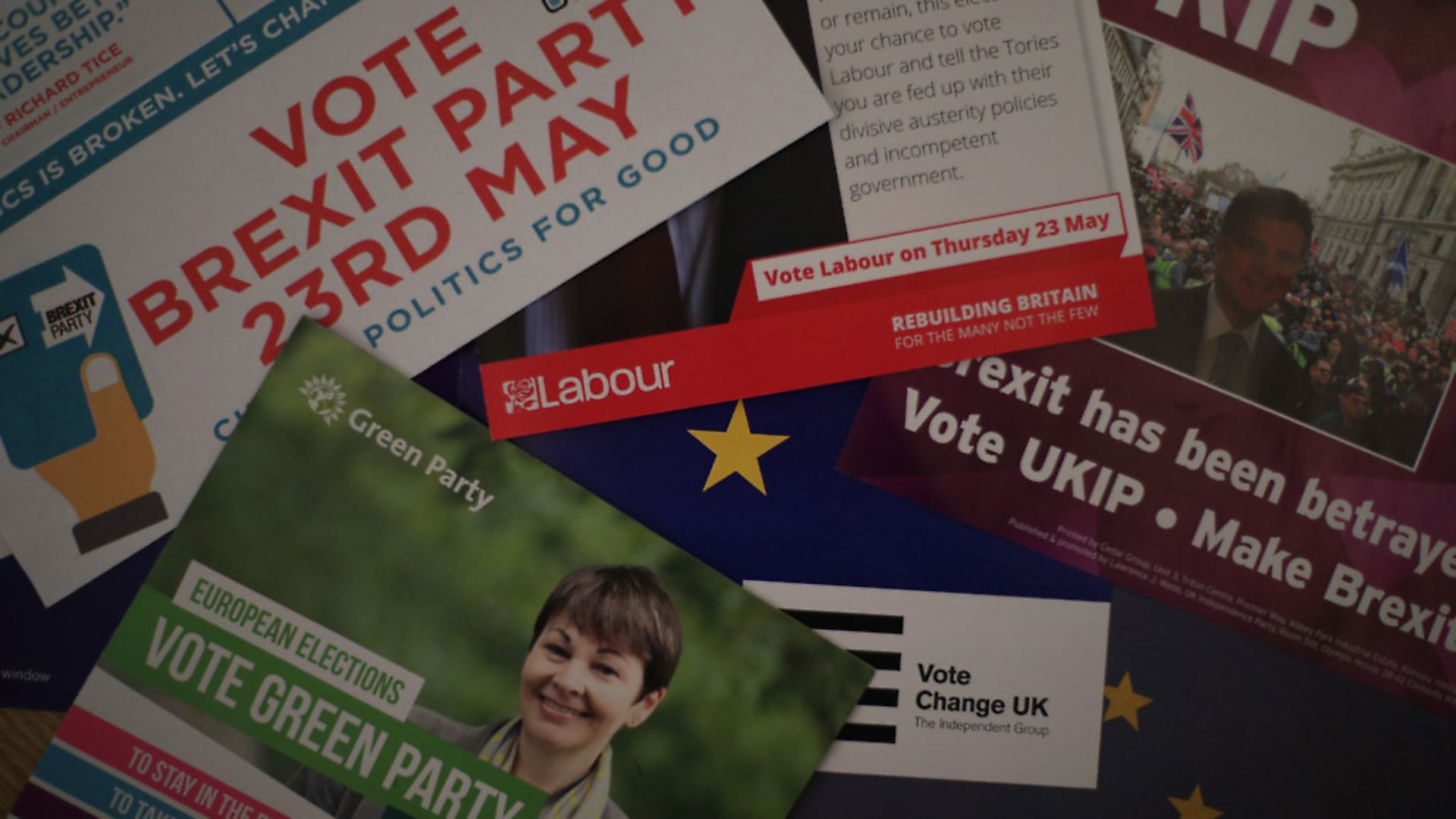
At least 1.7 million EU citizens living in the UK that were previously registered to vote here failed to turn out for European elections – with additional bureaucracy blamed for many not voting.
The figure, which amounts to four in five EU citizens on the electoral roll, came from new analysis from the Electoral Commission conducted following criticism from pro-EU campaigners and politicians.
The commission estimates that 450,000 were formally registered to vote for the European Parliament elections as a result of returning the additional declaration form required to ensure they can vote in the UK. The figure represents just a fifth of eligible EU citizens.
It is not possible to clarify the exact number but the commission noted some of the 1.7 million that had voted previously in the UK may have decided to vote in another EU country where they held citizenship, or chose not to vote at all.
Campaigners had previously voiced concerns the use of “UC1 forms” were driving them away from the polls – including politicians in the House of Commons.
Speaking to this newspaper a month before the elections, New Europeans campaigner Roger Casale warned the process had “become even more complicated”.
He said: “Despite assurances by the Electoral Commission that it would simplify the procedure to register to vote in the European elections in the UK, its clear that many EU27 citizens face being turned away again at polling stations on 23 May 2019 just as they were in 2014.”
The commission’s assessment appeared to support the claims with a majority of the enquiries made before the elections questioning the additional documentation they would have to fill in to be eligible to vote.
Other enquiries related to not submitting the forms on time – or not being received by the returning officers – or those that had submitted a declaration and were still turned away.
The electoral commission said it had numerous meetings to work with the government to understand whether it intended to participate in European elections. It had also worked with returning officers around the country in participation for the polls.
It said it had also undertaken a two and a half weeks public awareness campaign – mostly using television – ahead of the elections but said the “late confirmation” of the European elections “significantly” reduced planning and set up time.
It said it had also used social media channels and platforms to promote the need for the additional forms to be completed, including contact with relevant organisations in contact with citizens of other EU member states in the UK.
Earlier this year the electoral commission said any changes to law would need to be made by the government, and as it had repeated claims it would not partake in the European elections, it did not develop its recommendations.
In the European elections the pro-Leave Brexit Party topped the polls with 31.6% of the vote share. The Lib Dems received 20.3% of the vote with Labour on 14.1%.









